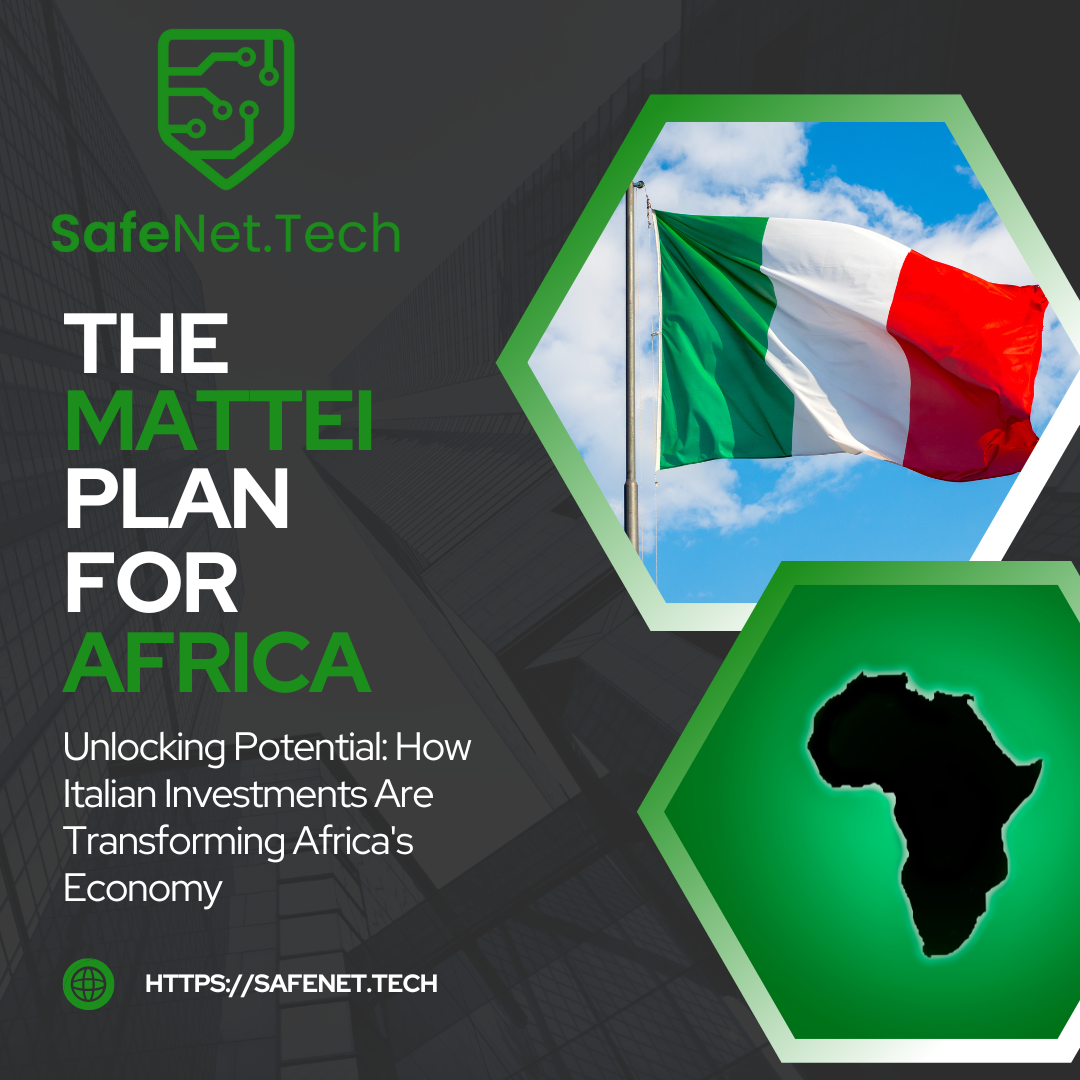In January 2024, Italy hosted an Africa summit where Prime Minister Giorgia Meloni introduced the “Mattei Plan,” an ambitious strategy for Italy’s engagement with Africa. The plan, officially announced in late 2023, aims to establish a comprehensive framework for Italy’s cooperation with African nations over the coming years.
The Mattei Plan is initially funded with 5.5 billion euros, sourced from the National Climate Fund and the development cooperation budget. It will be coordinated by a dedicated Steering Committee at the Prime Minister’s Office, involving various stakeholders such as ministries, the Italian Development Cooperation Agency, and civil society organizations. The plan focuses on five key pillars: education, agriculture, health, energy, and water, with initial projects in nine African countries.
The plan has been well-received, attracting significant attention from African and European leaders. Its collaborative approach aims to avoid the traditional donor-recipient dynamic, emphasizing co-designed goals with African partners. The Mattei Plan also seeks to align with European initiatives like “Team Europe” and the “Global Gateway,” leveraging partnerships with international actors such as the United States and Gulf States to attract investments in African development programs.
A key aspect of the Mattei Plan is its potential to create new funding mechanisms, enhancing the role of Italy’s development bank, CDP, in mobilizing private sector investments. It could also facilitate the establishment of multilateral funds with entities like the African Development Bank. Effective coordination with existing European and international projects is essential to avoid duplication and maximize impact, potentially transforming Italy’s development cooperation framework.
The implementation of the Mattei Plan faces several challenges, including the need for meaningful dialogue with African partners and strategic participation in EU tools to de-risk private investments. It is crucial for the steering committee to include diverse Italian stakeholders and independent experts to ensure robust governance. The plan must deliver tangible results and leverage Italy’s role in international development banks to support private investments in Africa. Involving civil society organizations and local authorities in the project design process is vital for long-term success. The Mattei Plan represents an opportunity to reinvigorate Italy’s foreign policy towards Africa, potentially leading to a significant paradigm shift in international cooperation.





